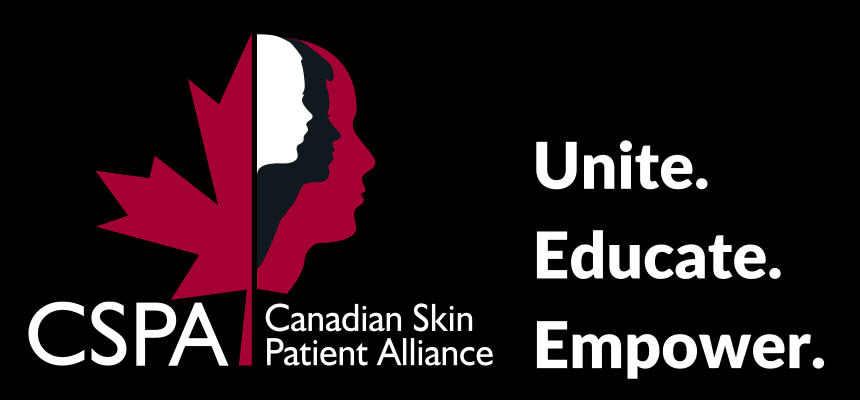The diagnosis of Herpes Simplex Labialis is often recognized by the clinical appearance alone. If a lesion is atypical, laboratory investigations can be ordered by your physician that will identify HSV-1, HSV-2, or will return a negative result. The best way to minimize the impact of a cold sore is to treat it at the first sign of symptoms (tingling, burning, and itching).
Currently available treatments include prescription and non-prescription drugs in topical and oral formulations, with antiviral medication representing a mainstay of treatment. A new formulation in the form of a cream has recently been approved by Health Canada and combines an antiviral agent and an anti-inflammatory agent, making it the only treatment to reduce viral shedding and inflammation.
The most effective way to seek treatment for your cold sores is to consult a doctor. Your physician can recommend an over-the-counter medication to minimize symptoms or a prescription cream or oral medications that are proven to help prevent cold sore outbreaks and speed up the healing time.
Tell your doctor how many cold sores you typically suffer from in one year and how long do they usually last. Also, speak to your doctor about the impact of cold sores on your quality of life. This will help your doctor to guide you to the best available treatment. Tip: Once you find the treatment that works for you, ask your doctor for many prescription repeats that you can leave with your pharmacist in order to access the prescription medication at the first sign of a cold sore.
Non-prescription treatments:
Viral Entry Blocking Agent Docosanol (Abreva)
This is non-prescription medication (over the counter). Abreva has been proven to reduce the symptoms and the length of the cold sore outbreak. This agent has not been proven to help stop cold sore progression. Abreva is most effective if used at the first sign or symptom of a cold sore.
Skin Protectants and Analgesics
- Skin protectants and lip moisturizers with allantoin, dimethicone, cocoa butter, white petrolatum, or glycerin provide moisturization to keep the cold sore moist as well as a mechanical barrier to guard the skin and lips against irritants
- Topical analgesics/anaesthetics including benzocaine, lidocaine, benzyl alcohol, camphor, menthol, and phenol help provide local pain control and may help reduce the itching
- Oral analgesics such as ibuprofen and acetaminophen also provide temporary relief from the pain
Prescription treatments
Topical treatment (creams and ointments)
Combination Antiviral and anti-inflammatory agent (Xerese)
This agent is available in a cream format and combines an antiviral (acyclovir 5%) and an anti-inflammatory (hydrocortisone 1%) agent. XereseTM works in two ways. It reduces viral shedding and it reduces inflammation. Xerese has been proven to help prevent cold sore progression. It is also proven to decrease the size of the lesion and speed up the healing time. For optimal results it should be used at the first sign of a cold sore.
Systemic treatments
Oral Antivirals
Oral antivirals (such as Valtrex, Famvir, Zovirax) may help to prevent a cold sore from ulcerating and shorten the healing time if taken at the prodromal stage. Systemic antivirals are oral medications that act on reducing viral shedding. For optimal results, it should be used at the first sign of a cold sore.











